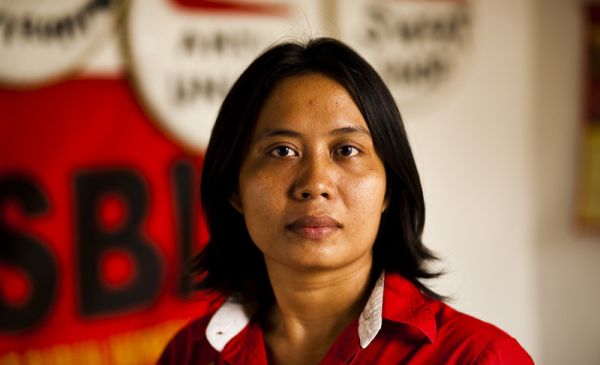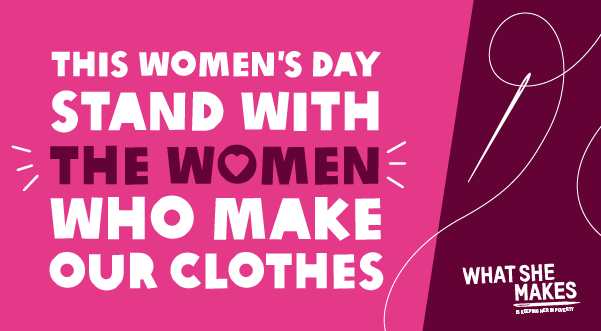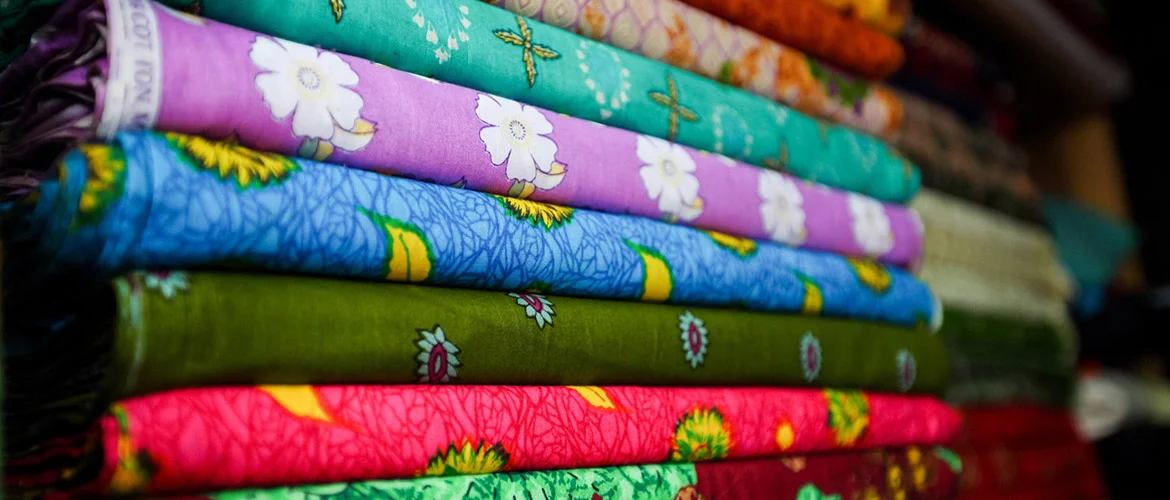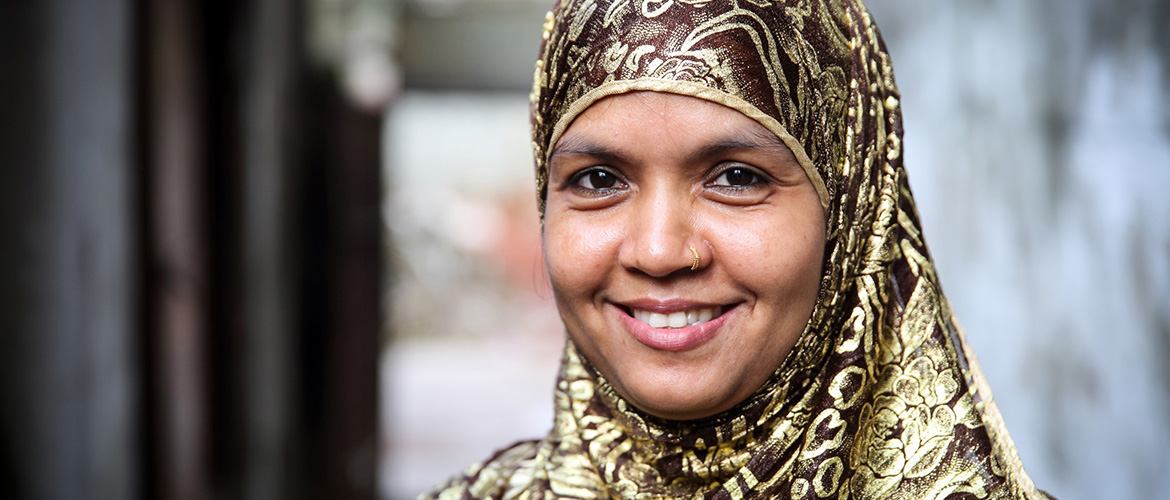With the celebration of International Women’s Day earlier this month, we’d like to recognise the women who work in factories throughout the world.
Women factory workers produce many of the most basic goods upon which societies and economies rely, but they remain largely invisible to the international community. For the most part, these women work under difficult and sometimes dangerous conditions and do not receive adequate pay or social recognition for their work. Whether single or married, women almost always carry significant responsibilities and expectations to provide care and material needs for family members—whether immediate relatives or family in distant rural villages.
Amidst all these these pressures, many women are brave enough to take considerable risks and demand better conditions and access to their rights. One of their stories is below…
Nining Elitos: one woman’s stand against injustice
Nining, the second of seven children, grew up with her family in Bengkulu, Sumatra. 14 years ago Nining left her home town to look for work around the nation’s capital. Eventually she was employed at a garment factory in Bekasi.
As a migrant worker Nining was under pressure to survive in her new environment as well as to provide support to her parents and family back home. At the same time, Nining could not stand the way that workers were treated and exploited within the factory. Within her first year working at the factory she had become highly active in its union and took on a leadership position.
Today Nining is a mother and the national chairperson of KASBI, a major democratic union in Indonesia. Nining has extensive knowledge and experience in advocating for workers’ rights and negotiating for better conditions. But when Nining first started out she remembers feeling far less confident—when leading her first strike Nining recalls she was nervous and uncertain. But that first strike was only the beginning. Afterwards she faced increasing intimidation from company officials, security personnel and even local mafia. Over the many years she spent working in factory production lines, Nining has been dismissed for her union activism on several occasions.
So why did Nining chose to become involved as a union leader in an environment hostile to unionism?
“This was the only opportunity I saw to help improve the life of workers, the best way for me to do that was to develop the strength of workers themselves,” explains Nining, “and that can only be achieved via strong unions.”
But according to Nining, just having strong unions isn’t enough. Nining believes that there is still too much fragmentation between unions, and too many union leaders who put their personal interests first or only focus on short term rather than long term outcomes. She hopes to be a part of a movement to change that culture.
Nining also hopes to encourage more women to become active in unions.
“When it comes to provincial and national level of organization, it is still relatively difficult for women workers to be active. There are several reasons for this situation. Some women workers do not get support from their husbands whenever they have to be away for doing provincial-level organization activities. Other reasons are cultural and religious reasons within society that emphasize women’s obedience within the household.”
Nining herself feels very lucky to have a family that supports her involvement in unions, and admits that this is very important for her. She and her husband share household jobs, including childcare. “My husband knows all my friends in KASBI. I always update him about the organization and he always knows what I do, whenever I have to be away for doing organizational work. He also gets involved in KASBI family gatherings and so on. This kind of trust and understanding is priceless back-up for me in chairing KASBI,” says Nining.
Aside from being a mother, wife and a union leader, Nining is a dedicated reader and she is also active in youth and human rights organisations around Bekasi.
But for all her achievements, at the end of the day Nining sees herself as a young mother who simply has no time for arrogance, deception and injustice in society.
 This story is based on the following interviews and reports:
This story is based on the following interviews and reports:
Asia Monitor Resource Centre, How KASBI (Congress of Indonesian Union Alliance) integrates a Gender Perspective into its Union Work, 2009; OxfamAUS, Nike workers take to the streets of Jakarta, August 2009; Oxfam Australia, ‘Economic Justice’ Annual General Report 2009, 2009, p. 12; KASBI Indonesia, Nining Elitos, 2008 (Bahasa Indonesia); Joko Sumantri, Nining Elitos: Anti-ketidakjujuran dan Kecongkakan, 2008 (Bahasa Indonesia).
Images: Nining Elitos (Ben Adams/OxfamAUS)
Want to read more about the experiences of women workers?
Visit Sewani’s Blog: In My Shoes



